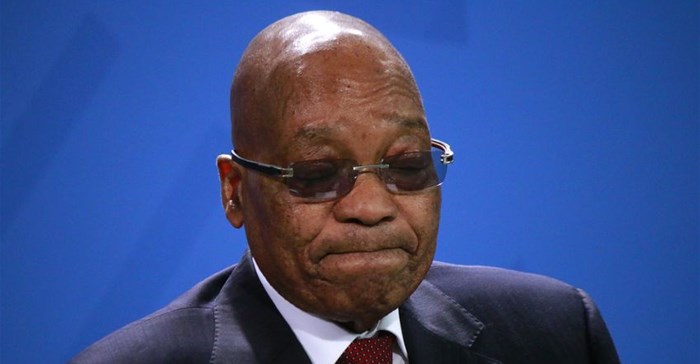
Top stories





Energy & MiningGlencore's Astron Energy gears up with new tanker amidst Sars dispute
Wendell Roelf 10 hours

More news



















Logistics & Transport
Uganda plans new rail link to Tanzania for mineral export boost









The rand gained up to 2.5% to the dollar, touching levels last seen in early 2015, signalling market approval of the Zuma departure, although part of the buoyancy came from a much weaker dollar.
Zuma's tenure has also eroded support for his own party, as shown in the 2016 local municipal elections, where it lost at least three metros.
With Zuma gone, the onus is now on Ramaphosa to rebuild the image of the party ahead of the 2019 elections.
Ramaphosa has also has his work cut out for him in terms of resurrecting the economy.
It is not yet clear if the soon-to-be sworn in president will reshuffle the Cabinet to remove the ministers tainted with allegations of corruption.
"It would be gratifying to see the dedication and purpose the ANC put into ridding itself of Zuma now directed into rebuilding the national economy, dealing with the rampant corruption still residing in the ANC, which cannot all be blamed on Zuma, improving its shoddy governance record, and serving the people," NKC Research analyst Gary van Staden said.
At 9.13am, the rand was at R11.7321 to the dollar from R11.7170, at R14.6395 to the euro from R14.5870, and at R16.4531 to the pound from R16.4001.
The euro was at $1.2477 from $1.2450.